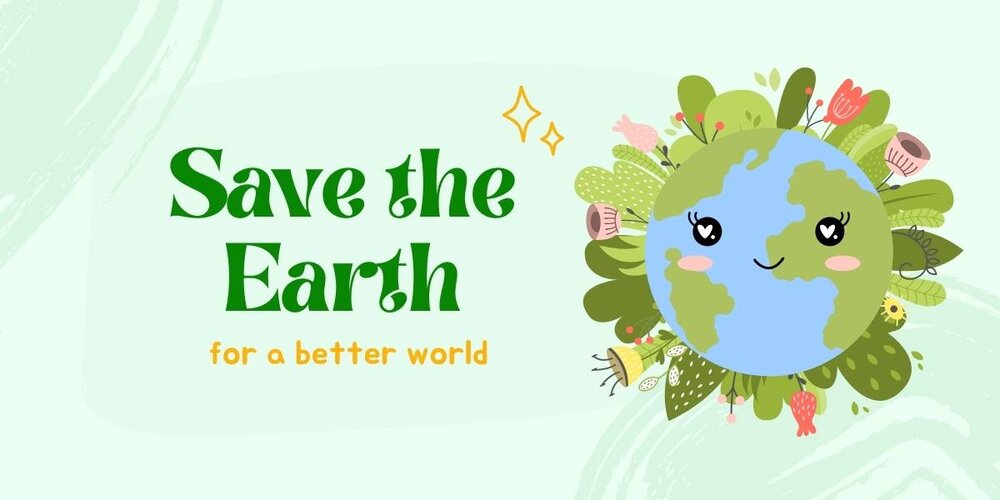Iran marks Earth Day focusing on plastic waste reduction

TEHRAN – The 2022 World Earth Day was held in Iran with the theme of ‘Invest in Our Planet by Reducing Plastic Waste’.
Every year on April 22, mother earth is celebrated with World Earth Day, which marks the anniversary of the Modern Environmental Movement, which started in 1970. World Earth Day is a reminder for mankind to protect and safeguard the earth and its species, to make Earth a better place for the coming generations.
April 22, 2022, will mark 52 years of Earth Day. Today, Earth Day is widely recognized as the largest secular observance in the world, marked by more than a billion people every year as a day of action to change human behavior and provoke policy changes.
The Earth Day 2022 theme is ‘Invest in Our Planet’. According to the UN, "Despite ongoing efforts, biodiversity is deteriorating worldwide at rates unprecedented in human history. It is estimated that around one million animal and plant species are now threatened with extinction".
Annually, more than 61 million tons of waste are produced in Iran, but just around 17 percent of the waste is recycled. In developed countries, up to 70 percent the waste is recycled. In Iran, in line with this global movement, the Department of Environment (DOE) has considered the national theme as ‘Invest in Our Planet by Reducing Plastic Waste’.
Plastic is a waste that is estimated to have produced more than 3 billion tons since the 1950s, and its volume continues to grow.
Waste is what the modern and industrial life brought to human beings, and is the most important current challenge of nature in all countries, including Iran.
Today, one of the most important environmental problems in the country is the mismanagement of waste, which incurs a loss of 448 trillion rials (nearly $1.7 billion) annually.
Annually, more than 61 million tons of various types of waste are produced in Iran, according to the DOE, an estimated 10 to 17 percent of the total produced waste is recycled. While in developed countries this number reaches up to 70 percent.
Improper waste management has caused most of the regions of the country, especially the northern provinces, to face an environmental crisis. An estimated amount of 3,500 and 300 tons of waste is produced in Mazandaran and Gilan provinces per day, respectively.
According to experts, people’s lack of awareness of the current state of the earth is perhaps the most important factor in increasing environmental pollution and degradation.
In the meantime, culture and education can be two important principles in preserving the environment.
50,000 tons of waste per day
Per capita waste production in European countries is 300 to 350 grams, and in Iran, it is 700 grams and sometimes up to one kilogram, which unfortunately a very small part of it is separated and recycled.
With an average per capita of 700 grams to 1 kg, Iranians produce more than 50,000 tons of waste per day, which is basically twice the world standard.
This situation is worse in the capital city of Tehran. The per capita waste production in Tehran is 750 to 800 grams per person daily. In fact, every person in Tehran produces about 5 times their own weight of waste every year.
According to statistics, about 8,000 tons of waste is produced daily in Tehran, nearly 17 percent of which is recycled, and the rest is landfilled, while in the developed world 70 percent of the waste is recycled and 30 percent is buried.
Many countries have been so successful that some even claim to reduce waste to zero by 2030, and some are looking to generate energy from waste.
In Iran, it requires the promotion of a culture that must begin in schools, or governments must adopt incentive and punishment systems to reduce waste production and make separation at source into a culture among Iranian families.
FB/MG
